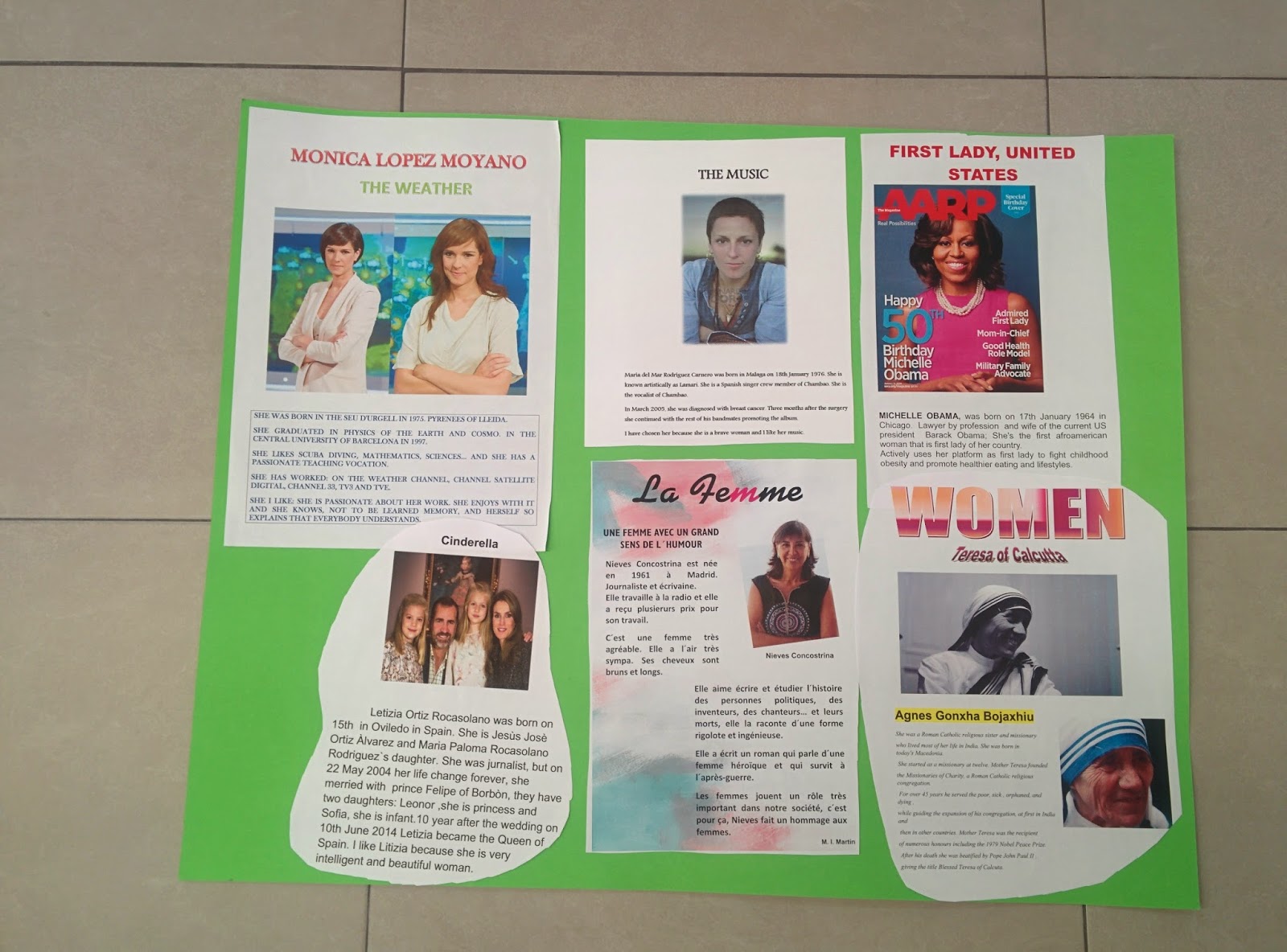Martin Luther King, Jr. est un
pasteur baptiste afro-américain, militant non-violent pour les droits civiques des Noirs aux États-Unis, pour la paix et contre la pauvreté, né à Atlanta (Géorgie) le 15 janvier 1929 et mort assassiné le 4 avril 1968 à Memphis (Tennessee).
Il organise et dirige des actions telles que le
boycott des bus de Montgomery pour défendre le droit de vote, la déségrégation et l'emploi des minorités ethniques. Il prononce un discours célèbre le 28 août 1963 devant le Lincoln Memorial à Washington durant la marche pour l'emploi et la liberté : « I have a dream ». Il est soutenu par John F. Kennedy dans la lutte contre la ségrégation raciale aux États-Unis ; la plupart de ces droits seront promus par le « Civil Rights Act » et le « Voting Rights Act » sous la présidence de Lyndon B. Johnson.
Martin Luther King devient le plus jeune lauréat du
prix Nobel de la paix en 1964 pour sa lutte non-violente contre la ségrégation raciale et pour la paix. Il commence alors une campagne contre la guerre du Viêt Nam et la pauvreté, qui prend fin en 1968 avec son assassinat officiellement attribué à James Earl Ray, dont la culpabilité et la participation à un complot sont toujours débattues.
Il se voit décerner à titre posthume la
médaille présidentielle de la liberté par Jimmy Carter en 1977, le prix des droits de l'homme des Nations unies en 1978, la médaille d'or du Congrès en 2004, et est considéré comme l'un des plus grands orateurs américains1. Depuis 1986, le Martin Luther King Day est jour férié aux États-Unis.
Martin Luther King, Jr., (January 15, 1929 – April 4, 1968) was an American pastor, activist,
humanitarian, and leader in the African-American Civil Rights Movement. He is best known for his role in the advancement of civil rights using nonviolent civil disobedience based on his Christian beliefs.
He was born Michael King, but
his father changed his name in honor of the German reformer Martin Luther. A Baptist minister, King became a civil rights activist early in his career. He led the 1955 Montgomery Bus Boycott and helped found the Southern Christian Leadership Conference (SCLC) in 1957, serving as its first president. With the SCLC, King led an unsuccessful struggle against segregation in Albany, Georgia, in 1962, and organized nonviolent protests in Birmingham, Alabama,
that attracted national attention following television news coverage of
the brutal police response. King also helped to organize the 1963 March on Washington, where he delivered his famous "I Have a Dream" speech. There, he established his reputation as one of the greatest orators in American history.
On October 14, 1964, King received the
Nobel Peace Prize for combating racial inequality through nonviolence. In 1965, he and the SCLC helped to organize the Selma to Montgomery marches and the following year, he took the movement north to Chicago to work on segregated housing. In the final years of his life, King expanded his focus to include poverty and speak against the Vietnam War, alienating many of his liberal allies with a 1967 speech titled "Beyond Vietnam".
In 1968, King was planning a national occupation of Washington, D.C., to be called the
Poor People's Campaign, when he was assassinated on April 4 in Memphis, Tennessee. His death was followed by riots in many U.S. cities. Allegations that James Earl Ray,
the man convicted of killing King, had been framed or acted in concert
with government agents persisted for decades after the shooting. The
jury of a 1999 civil trial found Loyd Jowers
to be complicit in a conspiracy against King. The ruling has since been
discredited and a sister of Jowers admitted that he had fabricated the
story so he could make $300,000 from selling the story, and she in turn
corroborated his story in order to get some money to pay her income tax.[1][2]
King was posthumously awarded the
Presidential Medal of Freedom and the Congressional Gold Medal. Martin Luther King, Jr. Day was established as a holiday in numerous cities and states beginning in 1971, and as a U.S. federal holiday in 1986. Hundreds of streets in the U.S. have been renamed in his honor. In addition, a county was rededicated in his honor. A memorial statue on the National Mall was opened to the public in 2011.
.jpeg)

.jpeg)















